For Schools
Dear educators,
The Computer History Museum is full of working old computers which, like real time machines, remind adults of the recent past but show young people the way into a completely unknown world.
Through this interactive setup, we provide an authentic experience of historical context, enriching the educational process of technical subjects, especially computer science classes. It also opens up broader social questions, such as the shaping of computer professions through decades of digital technology development and its penetration into our homes. Always looking towards the future in which today’s generations of students will live.
In the Computer History Museum, even those who are “not good at math” and “won’t be engineers when they grow up” can get to know computer skills in a very relaxed and educational way.
We also engage in educator trainings, topic specific guided tours, workshops, and summer school programs for international teacher groups. This pillar of our activity enables deeper understanding of the importance of increasing digital competencies in educators’ work and in our society as a whole.
We extend our warmest welcome and hope to see you again in the museum soon!
The Computer History Museum Team
Guided tour of the Computer History Museum
The guided tour of the exhibition begins with a presentation of the basic concepts of programming, where the group is introduced to terms such as algorithm, machine language, higher programming languages, and bugs. Throughout the exhibition, the history of computers from the analog, large computers, through home computers to PCs, is interactively displayed. The Computer History Museum is a space where the group can explore the charms of dial-up internet, old DOS games, have fun with old word processors, and take pictures in ASCII art on the Slovenian computer terminal Paka 3000. We also want to acquaint schools with the increasingly important role of artificial intelligence, so we invite you to try out neural networks for the textual and visual creation of synthetic content from prompts. Recognizing the importance of safe computer use, we also want to alert groups to computer software with malicious intent, such as viruses and worms.
The content of the visit is adapted to the age group and the needs of the educator, as well as to the currently relevant exhibitions.
Age: 5-99 years
Duration: 60 minutes
Price: children 5 EUR, adults 8.5 EUR
Minimum number of participants: 10
A group of 20 students has one adult companion free of charge.
Museum workshops
School groups often complement their visit to the Computer History Museum with practical museum workshops, thus deepening their understanding and knowledge of digital technology, getting to grips with new skills, or assessing their current relationship with technology.
The content of each workshop is adapted to the age group and the needs of the educator.
Duration: 45 minutes
Price: 4 EUR
Minimum number of participants: 10
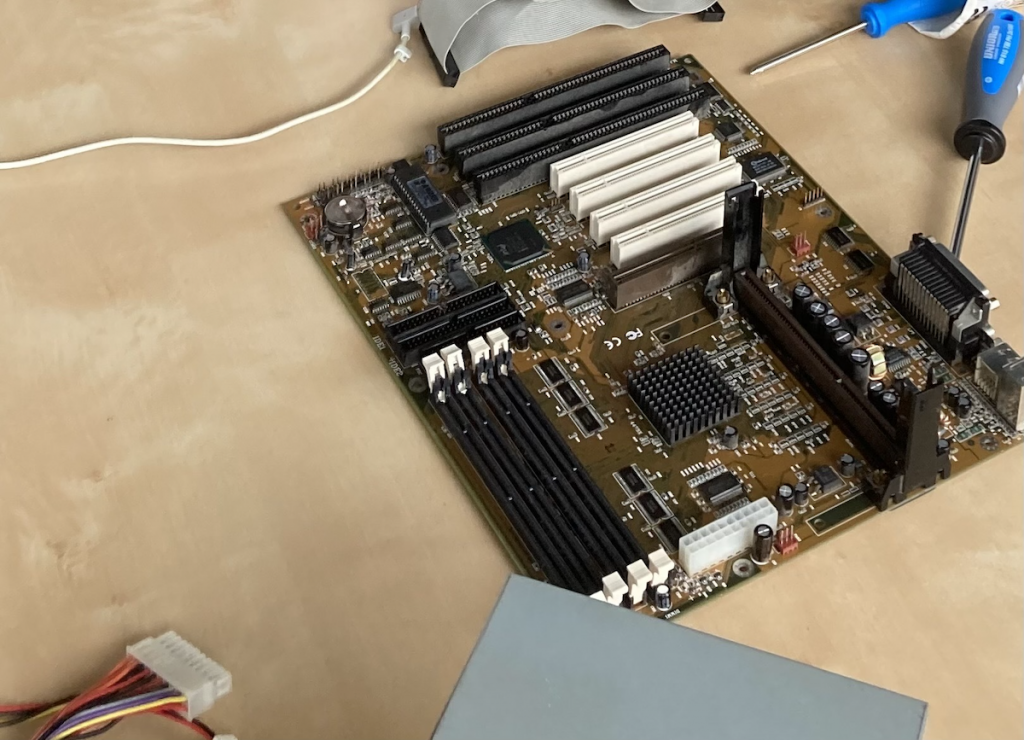
Computer assembly
- Elementary S. (9-12)
- Elementary S. (12-15)
- High School
Computer housing and components – can we assemble them without ending up with that spare screw? In the workshop, we learn what a computer is made of and, in groups, take on the challenge of identifying and placing computer components into the housing. Under the guidance of the museum demonstrator, we also learn correct and safe handling.
- Technics and technology
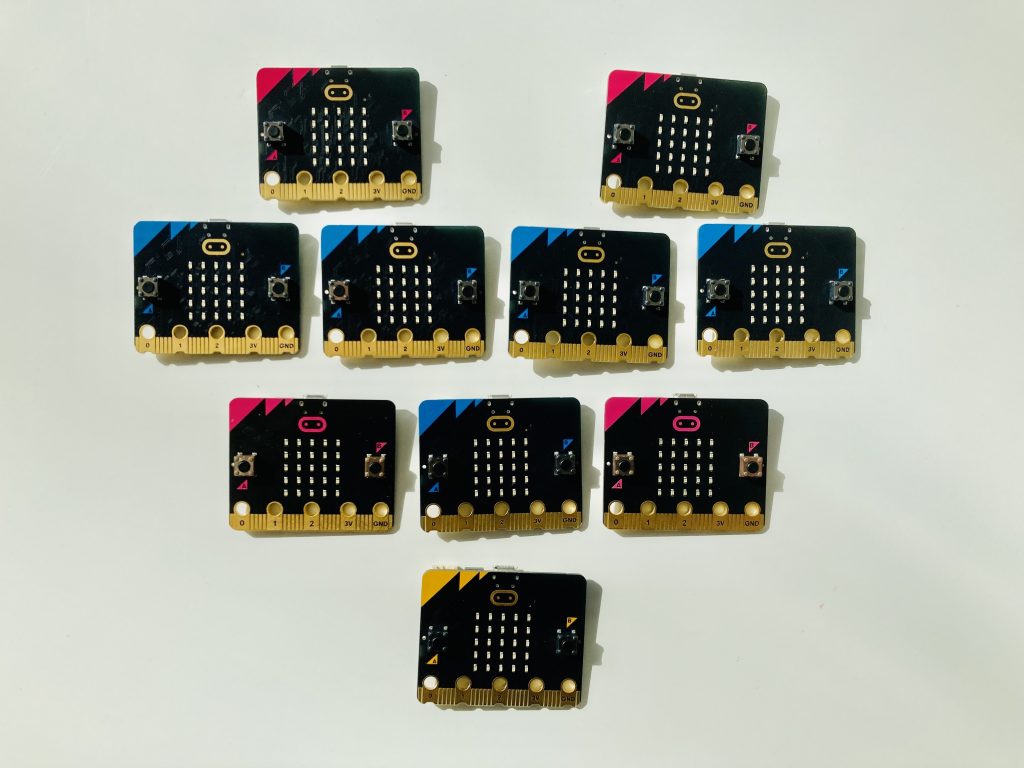
Future professions: Software engineer
- Elementary S. (9-12)
- Elementary S. (12-15)
- High School
We will discover what computers are like in their simplest form through the BBC micro:bit microcomputer. But the hardware with its circuits, processor, buttons, sensors, antennas… is just the beginning. To do something, it requires commands (a program) from us. We will say, “Micro:bit, I command you…” and through block programming with MakeCode, apply basic programming concepts and learn how a computer program is composed.
- Mathematics
- Technics and technology
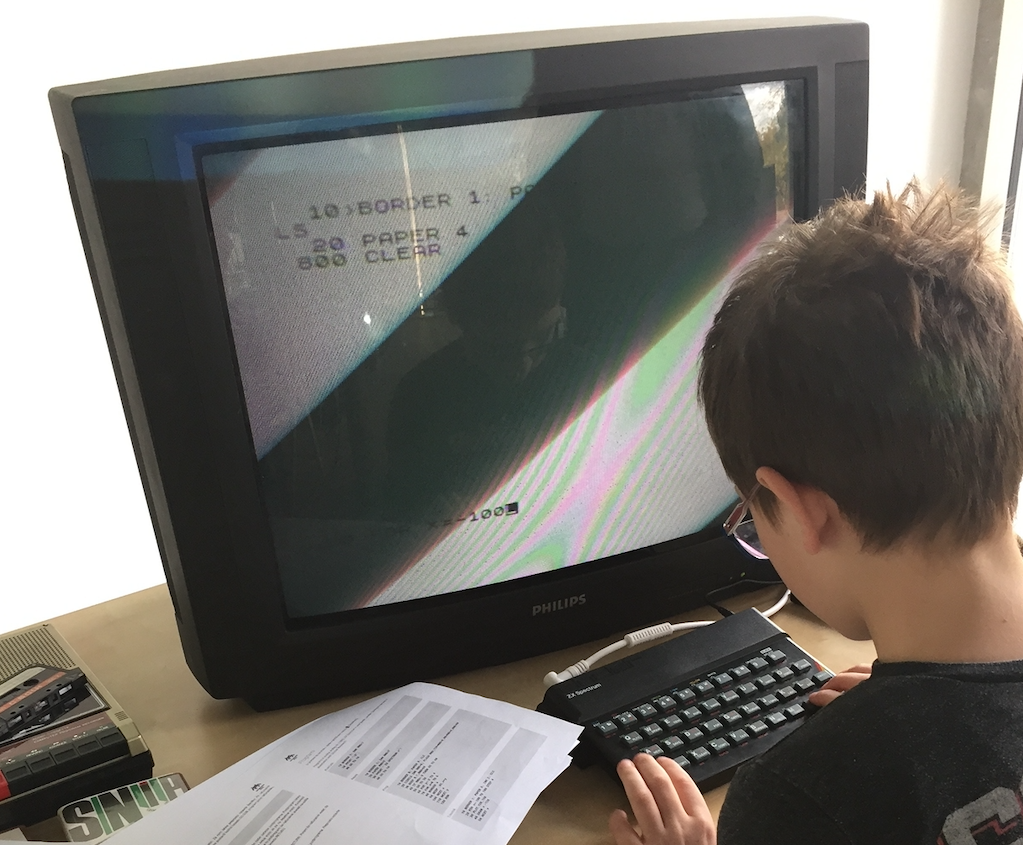
Taste of early home computing
- Elementary S. (9-12)
- Elementary S. (12-15)
- High School
The demonstration of early home computers and the programming workshop in BASIC language provide students with the experience of a historical programming language and the mindset required by computer users of that time. Do we even know how to turn on such a computer?
- History
- Cross-curricularity
- Technics and technology
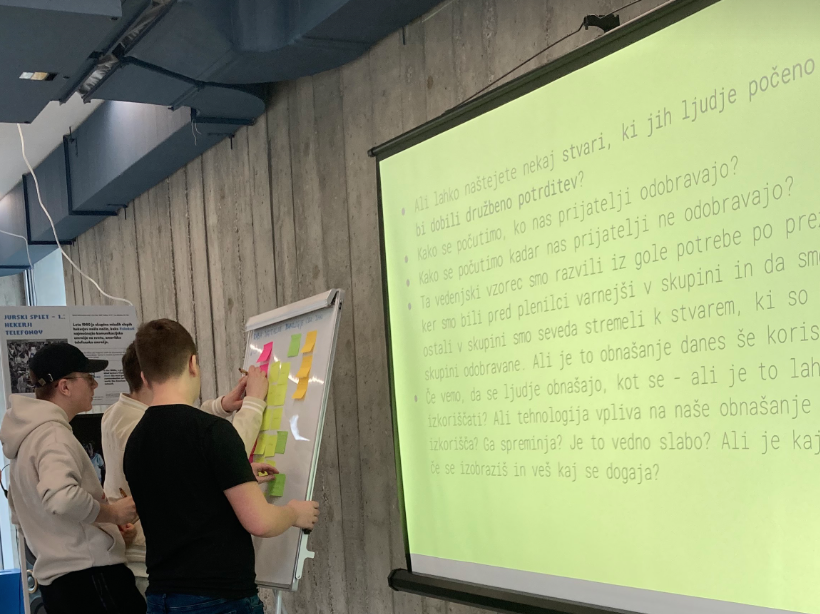
The impact of technology on contemporary society
- Elementary S. (12-15)
- High School
The workshop is designed as a provocative conversation with adolescents. In it, through active participation, they themselves comment on the use and impacts of technological means on their everyday life (becoming aware) and compare their findings with the interpretations and research displayed in the guest media literacy exhibition.
- Media literacy
- Social sciences and humanities
- Technics and technology
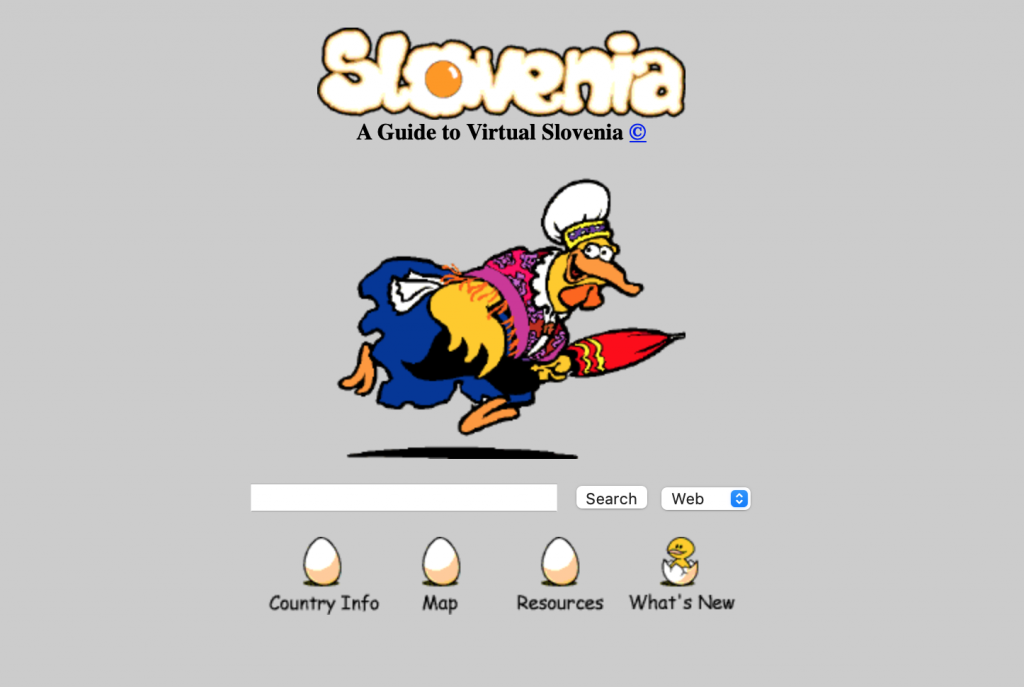
Retro-net vs. today's web
- Elementary S. (12-15)
- High School
Through practical comparison, we delve into the structure, presentation, and content of the World Wide Web in its earliest form. How does it differ from today’s online experience, and why? What technological revolution drove these changes? How have they transformed our society and ways of communication? What did we expect from the internet back then, and what do we expect today?
- Media literacy
- History
- Technics and technology
Technical day at the Computer History museum
In the Computer History Museum, you can spend an entire day immersing yourself in both the history of digital technology and acquiring practical knowledge about operation, assembly, and programming. We enrich the experience with reflections on the impact of technology use on the individual and discuss safety. The technical day includes a guided tour of the permanent exhibition, 2 guided thematic workshops, and one independent practical activity. If you choose the full technical day, admission for adult supervisors is free, and it also includes a free visit to the current temporary exhibition.
Age: 9-15 years
Duration: 4 school hours
Price: 14 euros / person
Minimum number of participants: 20

